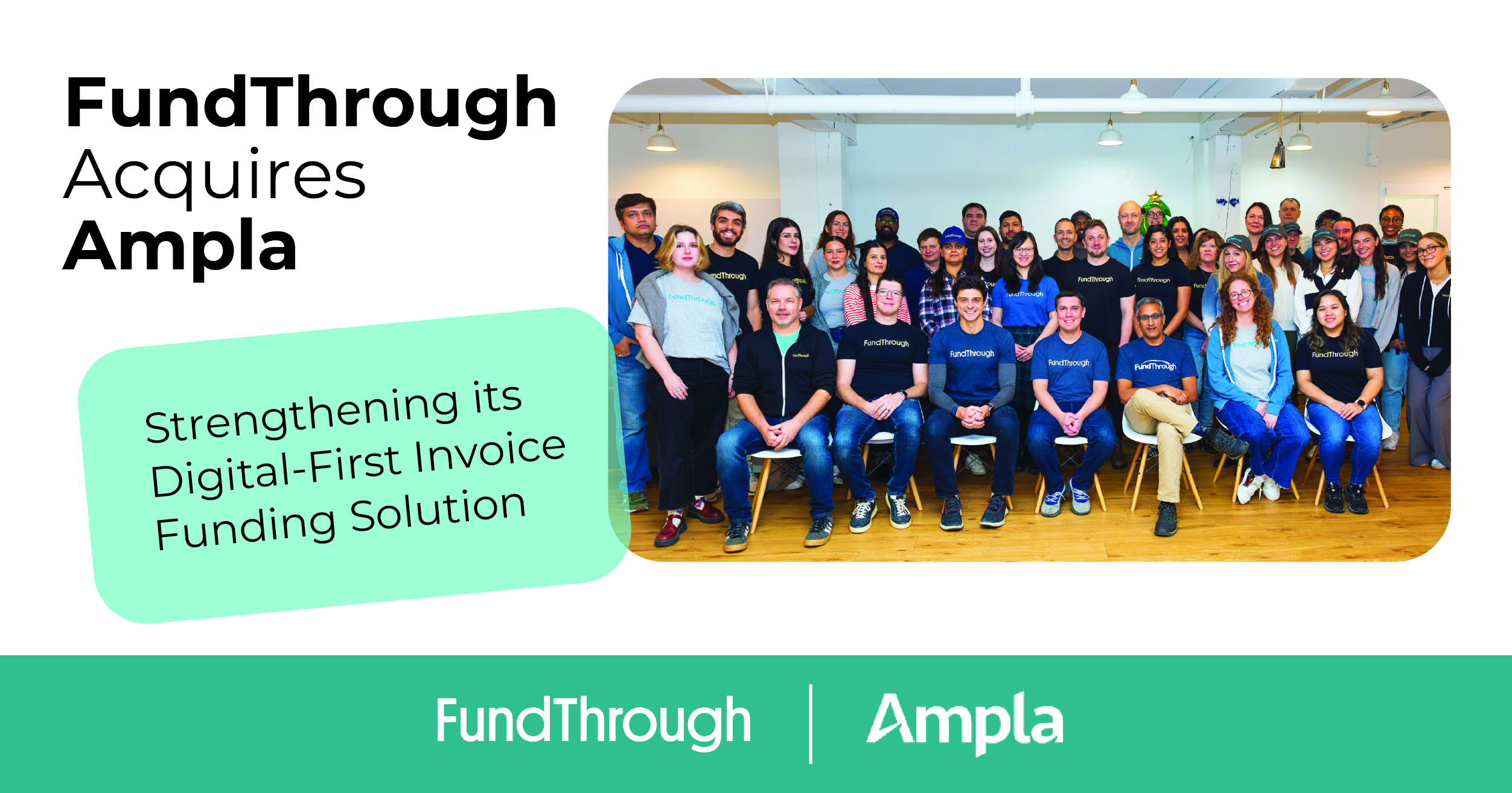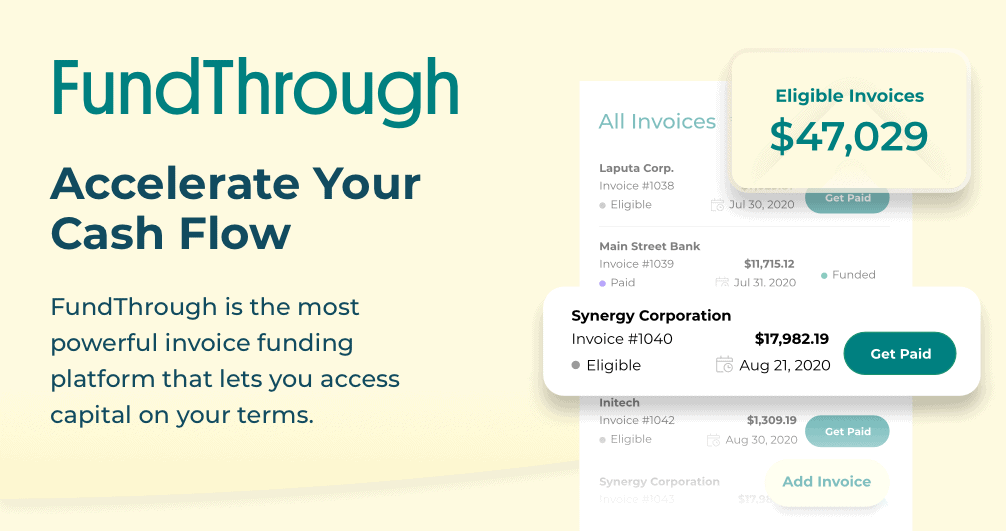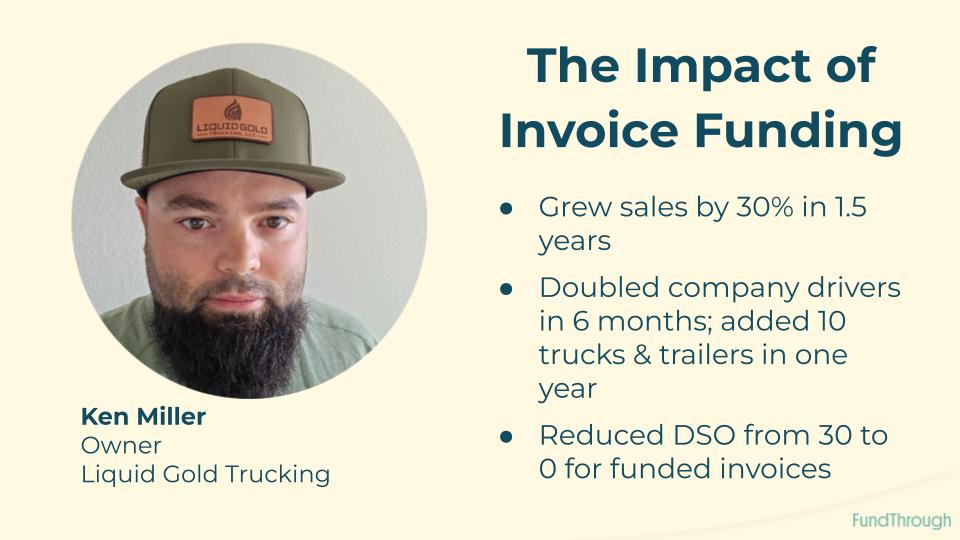
FundThrough Announcements
Discover What’s New: FundThrough’s June 2025 Feature Releases
READ

Accounting for Factoring Receivables: How to Record Factoring Transactions
READ

How to Become a Vendor in 9 Simple Steps
READ

Factoring Companies in Canada: 8 Best Options for Business Funding
READ

Invoice Factoring Rates: How to Find the Best Deal for Your Business
READ

Top Embedded Finance Companies: 8 Options for B2B Marketplaces, Apps, Ecosystems
READ

QuickBooks Invoice Factoring: Complete Guide
READ

READ

READ

READ

READ

READ

READ

READ

READ

READ

READ

READ

READ